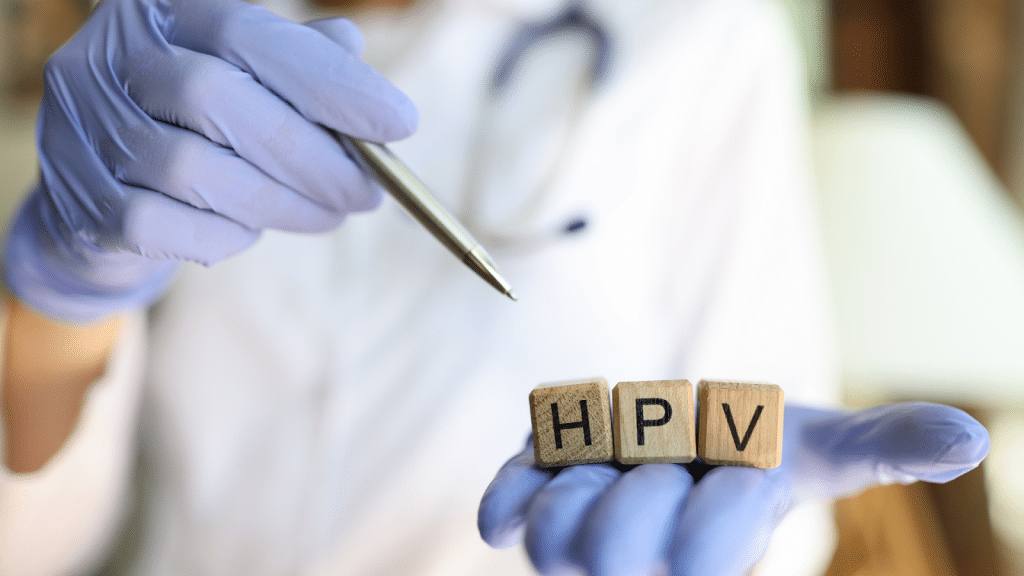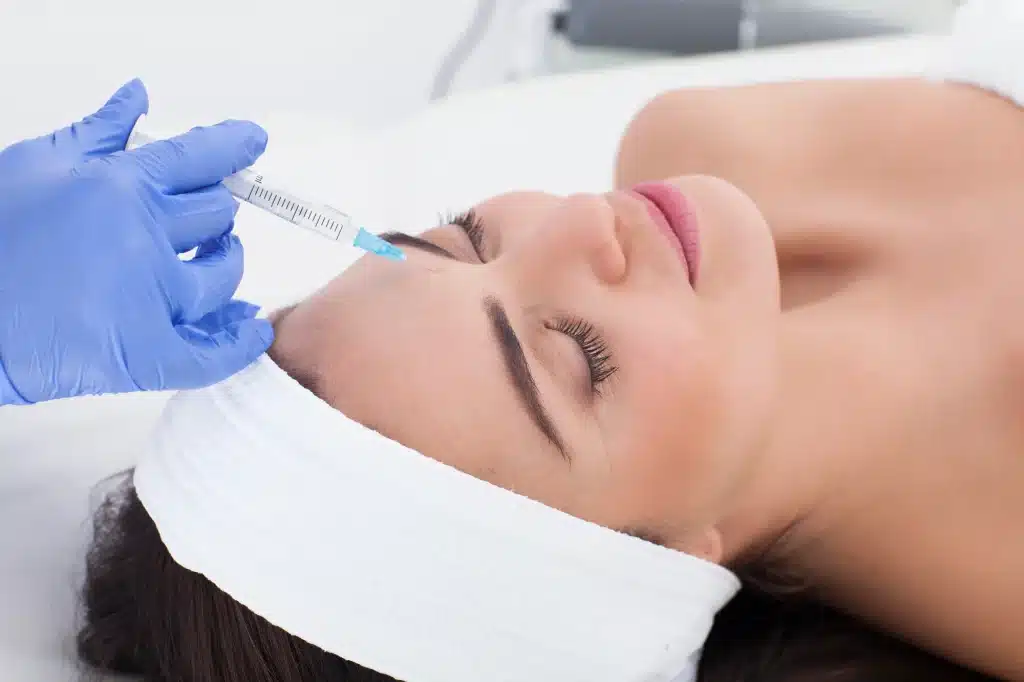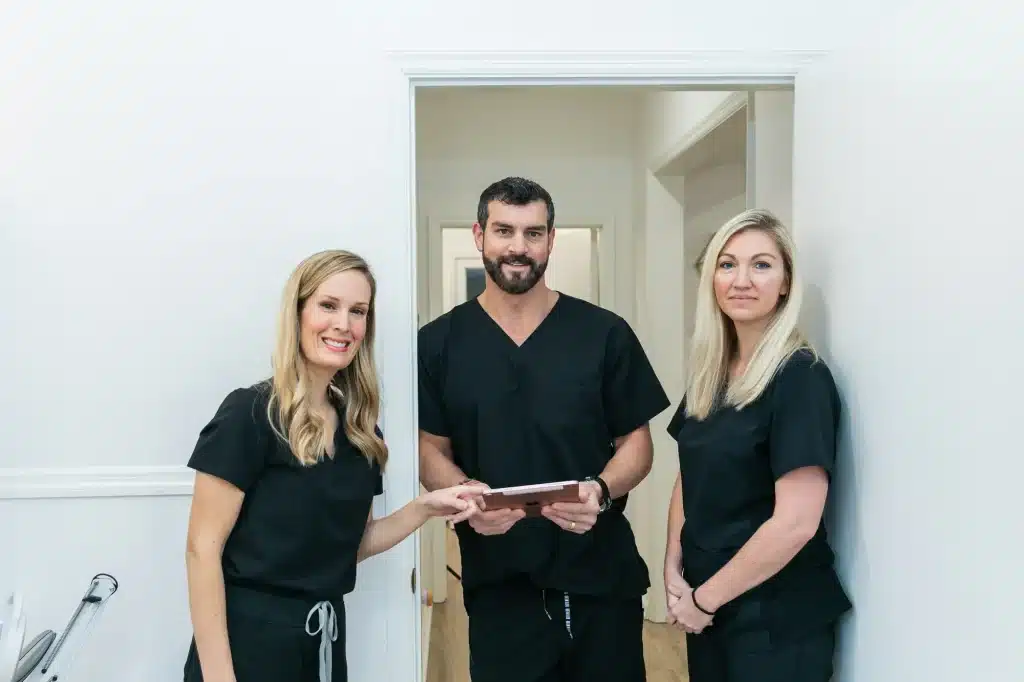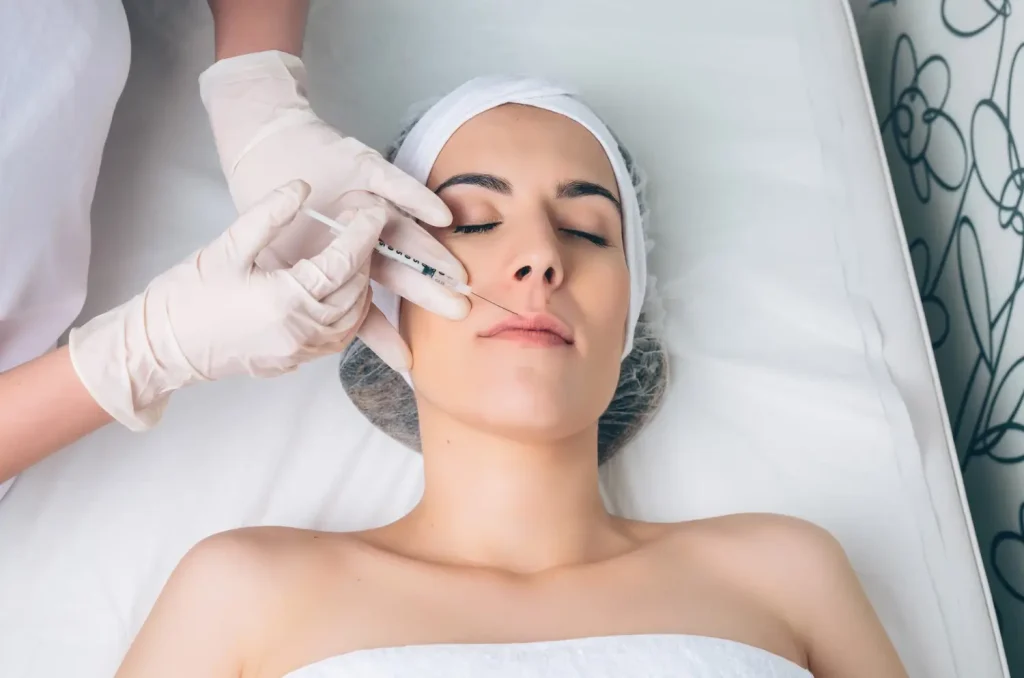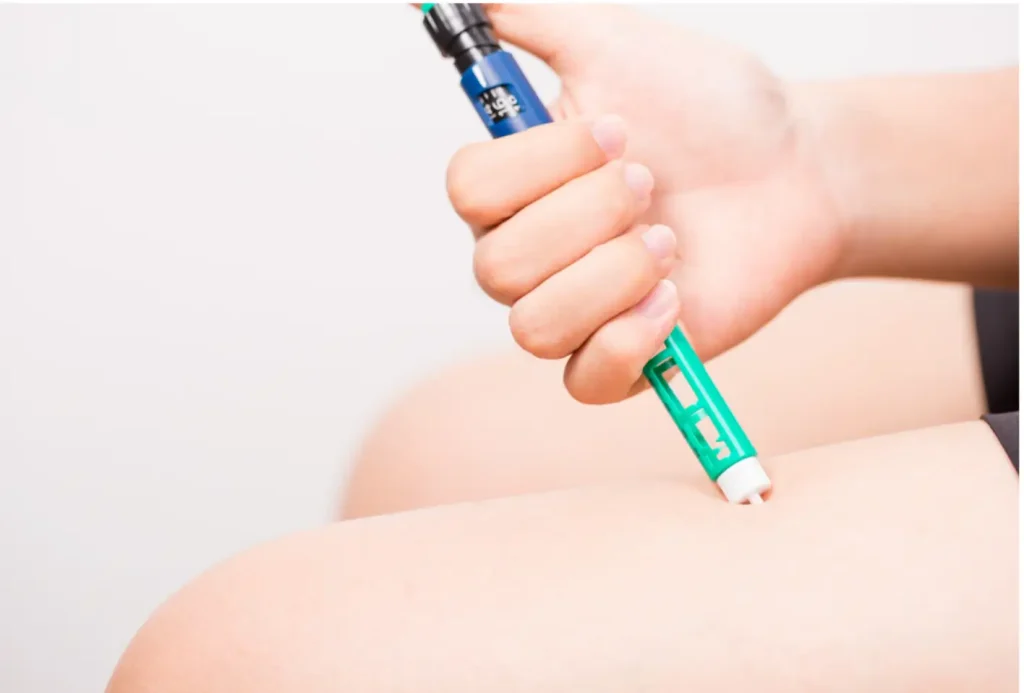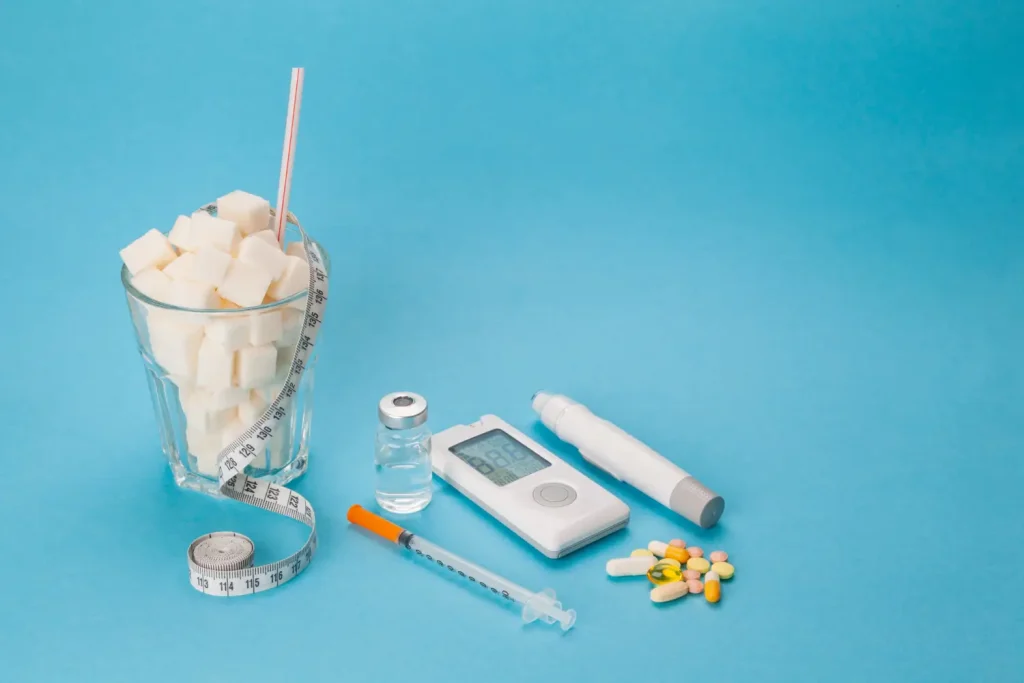Infertility affects around 1 in 6 people worldwide, posing a significant public health concern. The emotional and financial burden of infertility makes it essential to understand the potential factors that contribute to or prevent this condition.
Gardasil, a vaccine developed to protect against certain strains of human papillomavirus (HPV), is widely recognized for reducing the risk of cervical and other cancers. Although Gardasil is generally considered safe, some concerns have surfaced regarding its potential impact on fertility, prompting further investigation and discussion.
In this article, we’ll examine the relationship between Gardasil and infertility, exploring the latest research and addressing whether the vaccine could influence reproductive health.
Key Takeaways
- Gardasil is a vaccine designed to protect against human papillomavirus (HPV), a common virus that can lead to cervical cancer and other types of cancer.
- Extensive research and clinical trials have consistently shown that Gardasil does not impact fertility or cause reproductive health issues.
- Concerns about Gardasil’s link to infertility are not supported by scientific evidence, and health authorities continue to endorse the vaccine as a critical tool in preventing HPV-related cancers.
- Current research doesn’t support a link between Gardasil and infertility, and individuals should feel confident in making an informed decision about receiving the vaccine.
About: Medical Spa RX provides medical practices with premium products at the best prices. If you’re looking to order Gardasil online for your practice, the sales representatives at Medical Spa RX can give you guidance.
Understanding Gardasil and Its Purpose
Gardasil is a vaccine designed to protect against the human papillomavirus (HPV), a common virus that can lead to cervical cancer and other types of cancer. Concerns about potential side effects, such as infertility, are common, but research consistently shows no connection between Gardasil and fertility issues.
HPV vaccination is crucial for both men and women, as it can prevent the majority of cervical cancer cases and reduce the risk of other HPV-related cancers. Many individuals with HPV are unaware they are carriers, making widespread vaccination essential for public health.
Gardasil enhances the body’s immune response to HPV, helping it recognize and fight off the virus before it can cause harm. The vaccine targets the most high-risk strains of HPV, offering long-term protection and significantly lowering the risk of developing HPV-related cancers. Patients also ask, “How long does Gardasil last?” to ensure they are well-protected.
Addressing Concerns about Gardasil and Infertility
Some individuals have expressed concerns that the human papillomavirus (HPV) vaccine, such as Gardasil, may be linked to infertility. However, it’s essential to evaluate these claims critically.
Numerous studies have investigated the safety of HPV vaccines, including their potential impact on fertility. Here are some key findings:
- Safety of HPV Vaccines: The FDA-approved HPV vaccine, Gardasil 9, has undergone rigorous testing and demonstrated safety and efficacy. It protects against infections caused by both low-risk and high-risk HPVs.
- Infertility Link Debunked: Despite initial concerns, there is no evidence that HPV vaccines lead to infertility. A 2014 medical case report from Australia suggested a link, but subsequent research refuted this association. The U.S. CDC confirms that HPV vaccines do not cause reproductive problems in women.
The Safety and Efficacy of Gardasil
Gardasil underwent extensive clinical trials and ongoing monitoring before and after its approval to ensure its safety and effectiveness. Researchers have conducted numerous studies comparing women who received the vaccine with those who did not. The results consistently show that Gardasil does not impact fertility or cause reproductive health issues.
A common misconception is that the HPV vaccine can lead to infertility. This belief is not supported by scientific evidence. Large-scale studies have found no connection between Gardasil and difficulties in getting pregnant. The misconception likely arises from the fact that vaccinated individuals are often younger and more focused on education or careers, leading to a lower pregnancy rate in this group—not because of infertility.
Extensive research provides strong reassurance that Gardasil is safe and does not affect fertility. Health authorities, including the CDC and WHO, continue to endorse the vaccine, emphasizing that it’s a critical tool in preventing HPV-related cancers. By understanding the scientific evidence, individuals can confidently make informed decisions, knowing that Gardasil is safe and effective.
Conclusion
Gardasil is highly effective in preventing HPV, yet concerns about its impact on fertility persist. Extensive studies have found no connection between the vaccine and infertility or ovarian issues. While some legal claims have been made, the scientific evidence consistently shows that Gardasil is safe and does not affect fertility.
Fears linking Gardasil to infertility are not supported by expert findings, reinforcing the vaccine’s safety and importance in protecting against HPV.
FAQs
1. What is Gardasil?
Gardasil is a vaccine that protects against certain types of human papillomavirus (HPV).
2. Is there any scientific evidence linking Gardasil to fertility issues?
Current research doesn’t support a link between Gardasil and infertility. However, everyone reacts differently to vaccines, so side effects and adverse reactions can vary.
3. Should I be worried about getting the Gardasil vaccine if I plan on having children?
Based on current knowledge, you shouldn’t worry about the Gardasil vaccine affecting your ability to have children in the future.
References
World Health Organization. (2023, April 4). 1 in 6 people globally is affected by infertility. Retrieved August 10, 2024, from https://www.who.int/news/item/04-04-2023-1-in-6-people-globally-affected-by-infertility
DeLong G. (2018). A lowered probability of pregnancy in females in the USA aged 25-29 who received a human papillomavirus vaccine injection. Journal of toxicology and environmental health. Part A, 81(14), 661–674. https://doi.org/10.1080/15287394.2018.1477640 (Retraction published J Toxicol Environ Health A. 2022 Sep 2;85(17):i. doi: 10.1080/15287394.2019.1669991)

